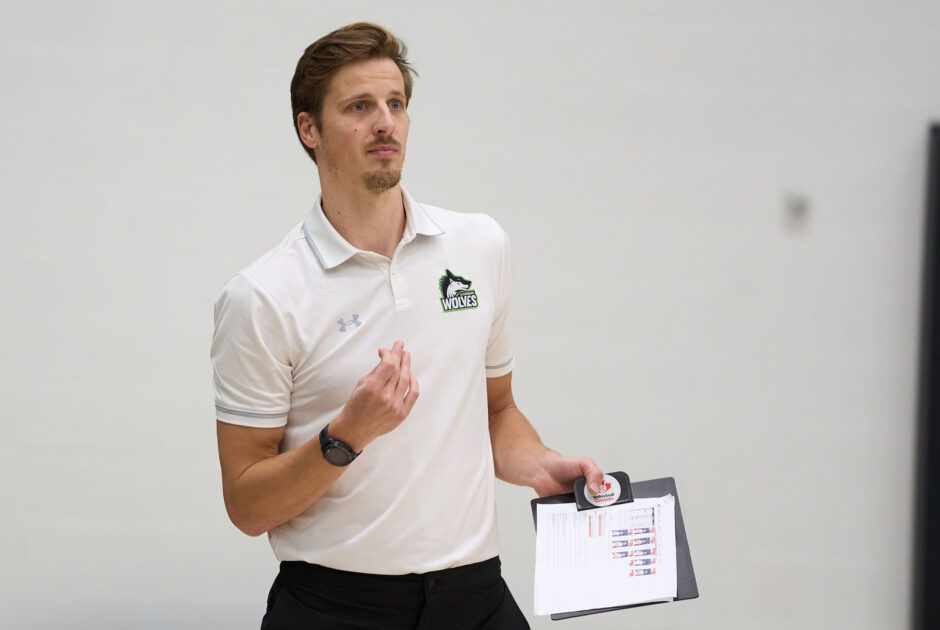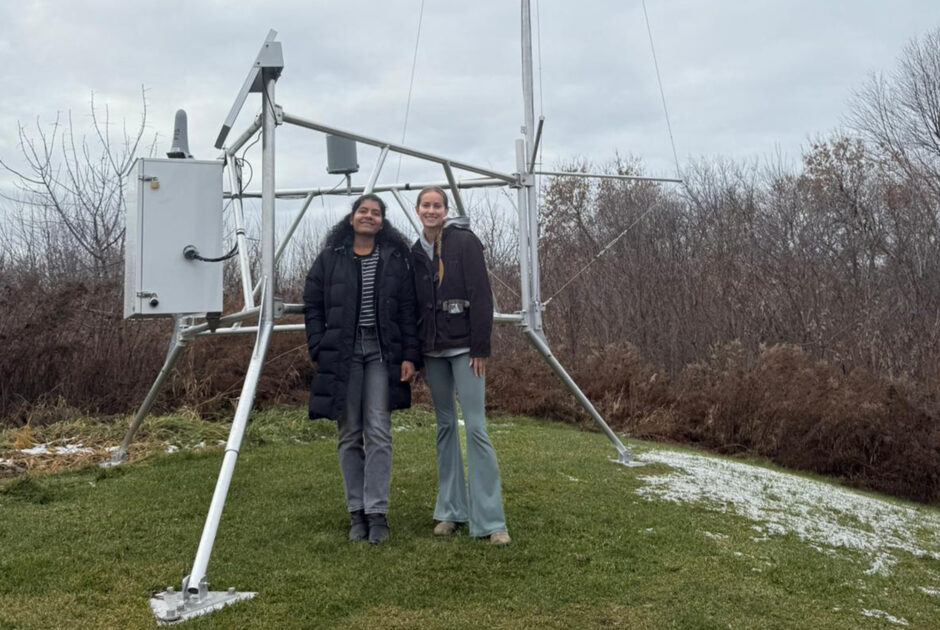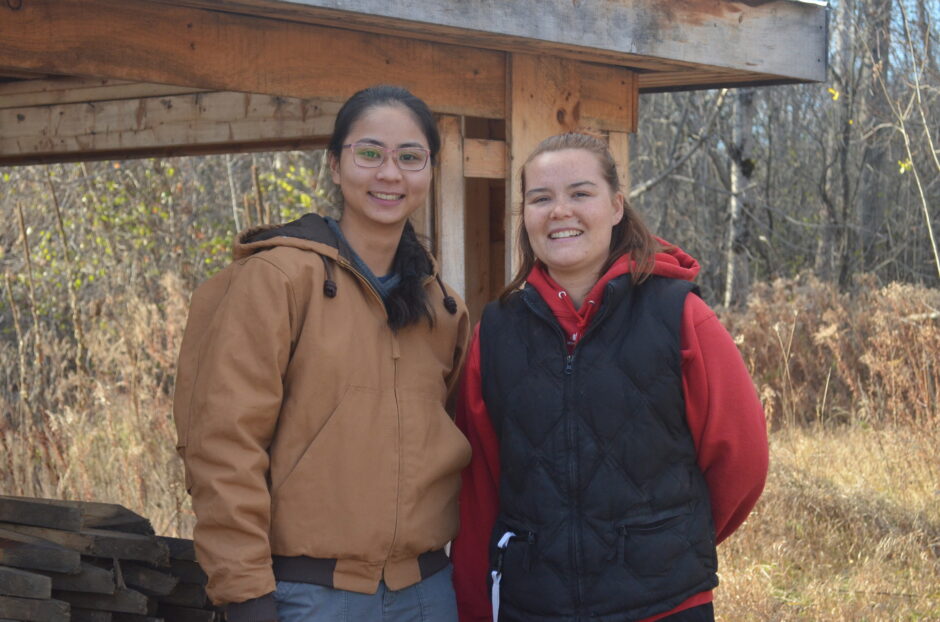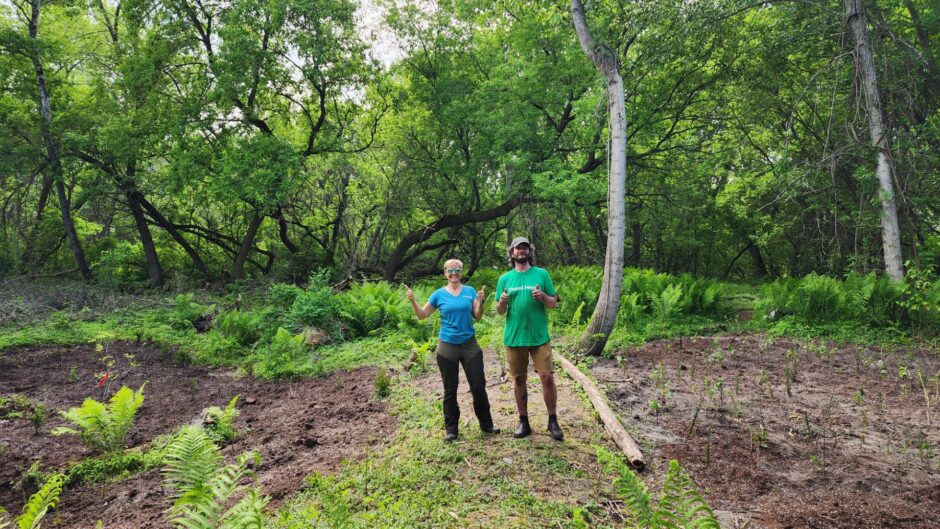First Person: Living with epilepsy has taught me to celebrate small successes
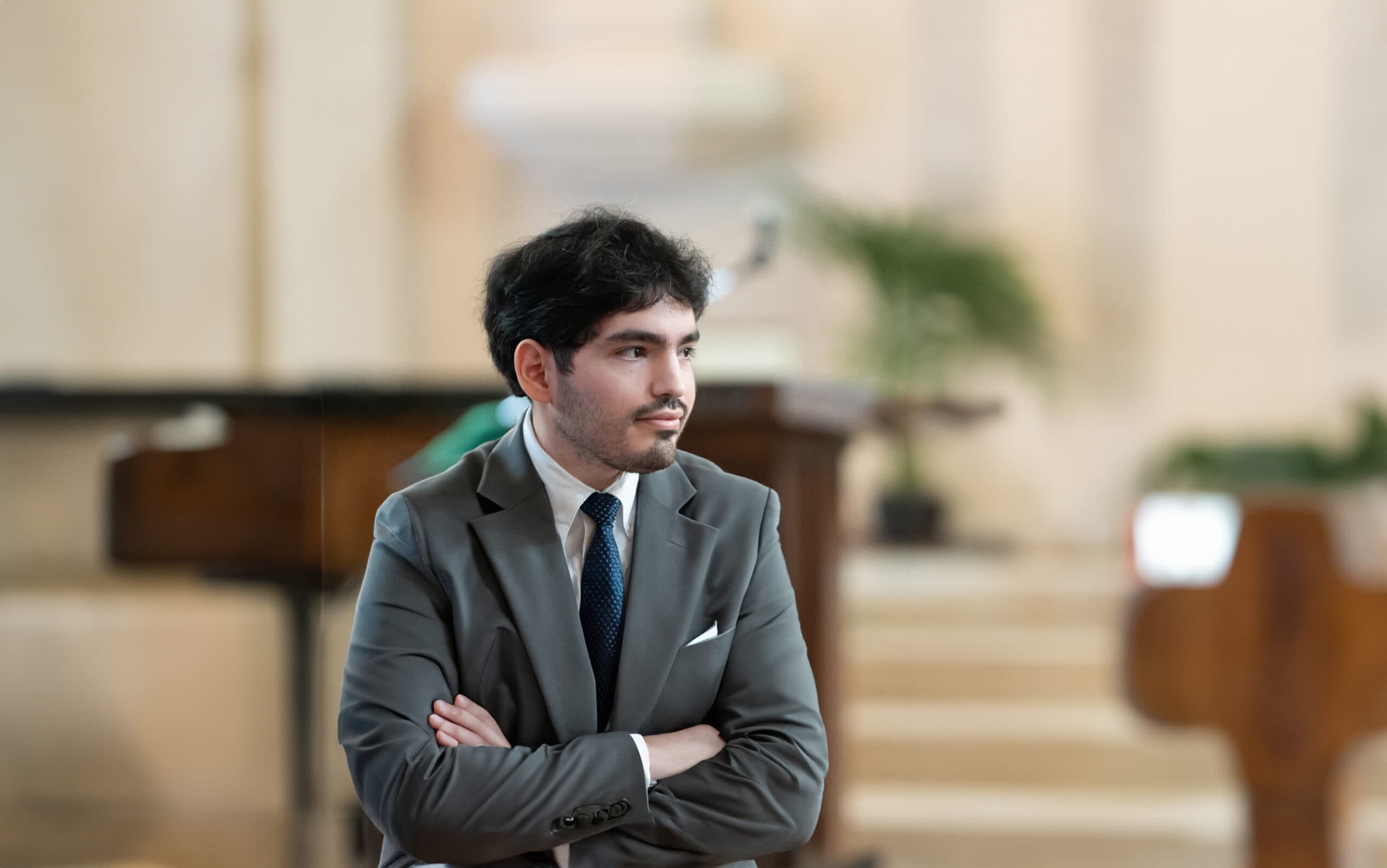
Aside from the worries of a paper due and a job to keep, I see most students adapting well enough and moving through our educational environment with ease. I mean this both literally and metaphorically.
In my case, it’s not always so easy. I was born with epilepsy, which I continue to try to combat to this day. My condition has caused me to take somewhat desperate measures, including having many treatments and procedures, two of which were brain surgeries.
Facing adversity head-on has revealed the remarkable adaptability of the human spirit. As a post-secondary student, I’ve learned to appreciate the small victories, all while gaining a profound new perspective on life.
While the two brain surgeries I had eight years ago when I was in high school didn’t deliver the cure for epilepsy I had hoped for, they did grant me a newfound perspective on resilience. In the face of adversity, I’ve learned that the human spirit has an incredible capacity to adapt and persevere.
Before having the procedures in high school, I found it challenging to keep up with my classmates. I felt safer after having two surgeries, and the likelihood of having a seizure had decreased significantly.
However, when I started post-secondary school, everything seemed much more difficult, mentally as well as physically. It was around this time that seizures started occurring during the day, along with new things I hadn’t noticed before: I experienced mobility issues going down the stairs, and I struggled with my memory in a new way as I attempted to remember not only homework but conversations I had only moments earlier.
With the assistance of the Centre for Accessible Learning and student services over the last two years, I’ve not only managed to navigate the complex world of college life but also discovered the power of seeking help when needed.
These supports ranged from being allowed to record class rather than write because my left-hand motor skills aren’t as strong as they used to be to having someone escort me from class to class on occasion, as it became hard to tell when a seizure would arise and it is always safer to have someone around.
According to Jason Summers, the manager of CAL at Algonquin College, the department’s disability counsellors work with students and professors to best support and clarify the necessary accommodations. This includes a large umbrella of students with epilepsy who have had concussions or brain surgeries in the past.
“It’s making sure all the disability counsellors understand the needs of students who have had brain injuries and understand how that affects someone,” said Summers.
Nicole Waddell, who works at the Salvation Army, also so underwent similar brain surgeries during the same period as I had my surgeries due to a brain tumor. Waddell experienced challenges while adapting to high school.
“I remember I needed memory aids,” she said. “I had to be close to the board, and I remember needing to receive physical copies of things instead of writing them down because it made things easier for me. I went to therapy and spent some time with social workers, but really what helped me move forward was my faith in God. My religion helped me a lot throughout the treatment. I know it sounds cheesy to say, but just keep moving forward. It’s hard and tough, but you have to remember that there’s life after cancer and that it will get better.”
Waddell later proceeded to work harder than ever in the upcoming years after her stay in the hospital. She made major milestones, gaining awards in English and academic awards, going so far as to create clubs for students’ things that wouldn’t have been done without her newfound appreciation for an educational environment.
As I reflect on my journey so far, I can’t help but feel a profound sense of gratitude for the support I’ve received and the progress I’ve made.
However, while all this was happening, it cannot be overstated how much I started to love the little things I could do. If I managed to use a camera with my left arm somewhat successfully, I couldn’t help but smile.
I had another surgery five years ago where a device called a VNS (Vagus Nerve Stimulation) was implanted in my chest. It works like a pacemaker, but instead of sending electrical signals to my heart, it sends these signals to my brain through the vagus nerve, which could help to stop a seizure in time. I feel like it’s something extraordinary. In all honesty, I consider myself incredibly lucky in that respect.
My surgeries have given me a new outlook on life. I have learned during these past years that I can either choose to continue my time in post-secondary with pessimism or with gratitude with my head held high.
Life’s challenges have been my greatest teachers, and while epilepsy may have cast its shadow, it has also illuminated my path in unexpected ways.
Life is a continuous journey, filled with twists and turns, and I’ve come to realize that my journey is uniquely my own. It may not follow the ideal path I once envisioned, but it’s a path I am determined to walk with unwavering resolve. My dreams and aspirations burn brighter than ever, and my experiences have fortified my determination to achieve them.





